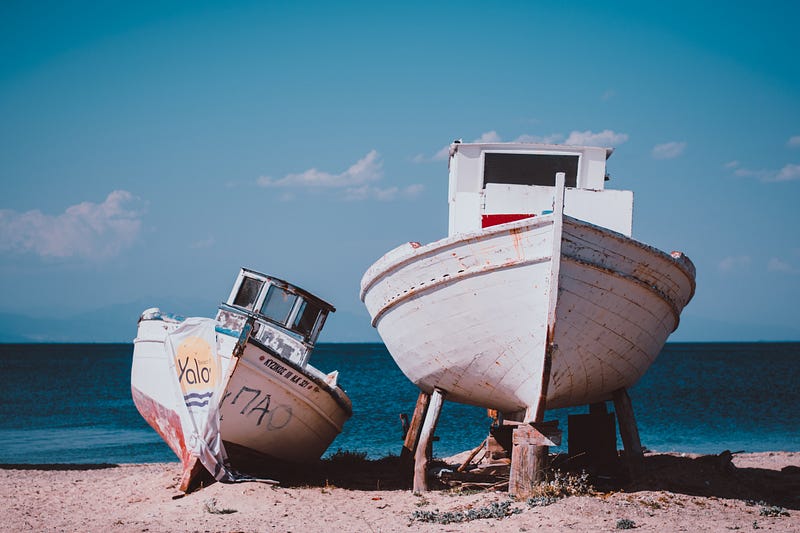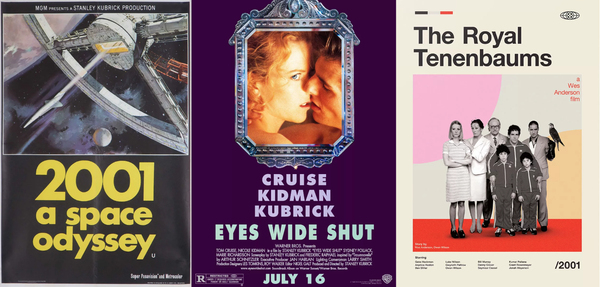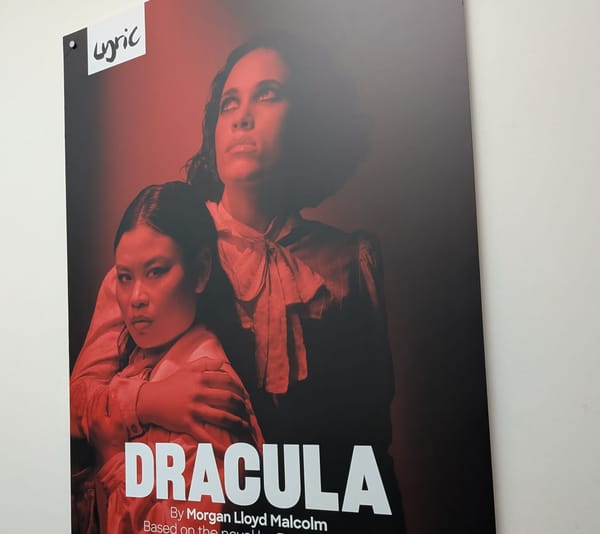1970s Politics
The docks, Cod Wars, the Gaul
The docks, Cod Wars, the Gaul
There is conflict at the heart of both the Housemartins and the Beautiful South and the source of the conflict is this: class war.
Paul’s family were very clearly middle class, but they spent Paul’s formative years in Steel City, Sheffield, in South Yorkshire, close to coal mines and iron foundries. Your cutlery was probably made there. Ours certainly was. Yet Paul’s politics and sympathies lie with the working class, seen most clearly in his support for the miners and in songs such as Me and the Farmer which is in some ways a version of George Orwell’s Animal Farm for 1980s Hull youth.
As Paul’s family were getting ready to pack up their belongings and move to Surrey for yet another career promotion, something altogether darker was brewing over in Hull. More specifically it was occurring for one boat from Hull, off the northern coast of Norway.
The Gaul was something called a deep sea factory ship and was built by Brooke Marine in Lowestoft in 1972. By the 8th of February, 1974, it had become F.V. Gaul, a fishing trawler and had been registered in Hull. It encountered heavy weather and high waves in Norway one afternoon, February 8th.
The Gaul’s crew made their final report at 10:30 that morning. At 16:30 another report was due. There were 17 ships from the same Hull fleet fishing in that area on the day, and only the Gaul failed to report. 2 days later, the silence continued. The Gaul was never heard or seen again.
The loss of all 36 crew was a tragedy for such a remote, close-knit city. It was national news. What on earth could have happened? And why was the British government so reluctant to examine the wreck when it was finally discovered a couple of years later? Could it be true that the ship simply sank in a storm? And what was all that about spying against the Russians? The conspiracies multiplied.
The Hull Daily Mail continued a campaign to explain the accident that continued through the 1980s and beyond. Not until Labour came to power in 1997 did John Prescott, the new Deputy Prime Minister and himself a Hull sailor, demand a proper analysis.
The conclusions were more or less the same: the ship sank in a storm and was not deliberately interfered with, but the decades between the tragedy and the explanation meant that the conspiracy theories would never die. In 2020, many Hull people believe there is something more to this story.
The 1970s were a difficult time for Hull. The Cod Wars were coming to a crescendo, leading to more theories about what happened to the Gaul. The fish docks were in decline across East Yorkshire and North Lincolnshire. The European Union was called the European Economic Community in early 1973, when Britain finally joined. The Gaul sank a year later.
By the end of 2020, fishing was claimed to be the sticking point of a Brexit trade agreement, as Britain finally left the club it had joined in 73. Long-retired sailors dare to hope that their industry might yet reclaim some of its former glory, as climate change kicks in and the middle class demands to be fed locally. It seems a dream today, but it is one that has been burnished in the hearts of fishing communities since that day in 1973 when their industry began to sink.
This is important to our story because the sailors and fishermen of Hull were still angry when the Housemartins formed. Just as they would later champion the miners, our boys were drawn to the plight of the fishing fleets. They occasionally pretended to be an a capella gospel band called the Fish City Five. Yes, Hull was fish then and it might yet be fish again.
Paul was watching.
You can listen to this episode on any podcast app or www.outtahull.uk now, totally free for life.






